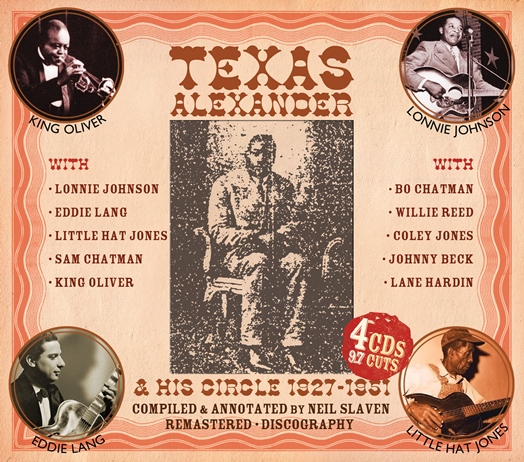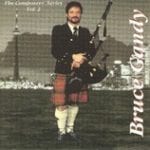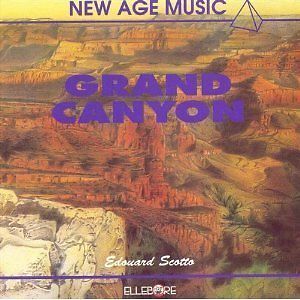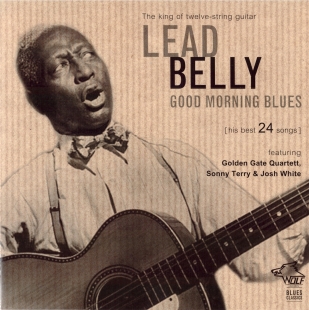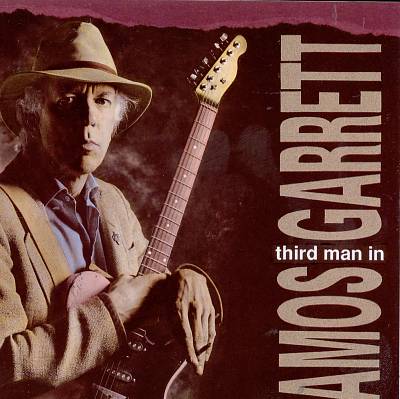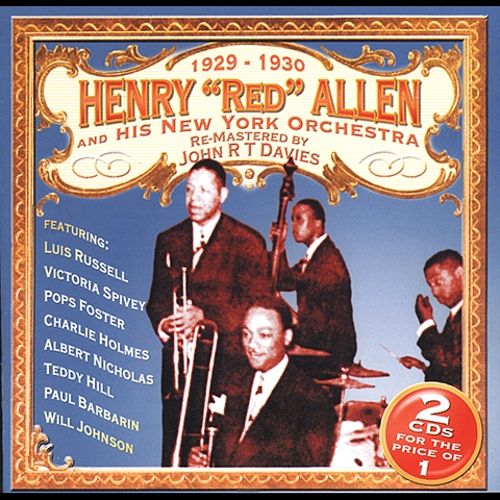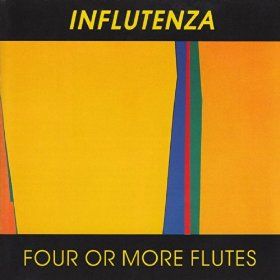Texas Alexander and His Circle – 1927-1951 – 4CD
€24,20
Out of stock
Description
A Voice as big as his Home State.
‘When we went to a place, we just walked in off the street.’ Lowell Fulson was telling Norman Darwen of his travels with Texas Alexander. ‘If a place was full, he’d go inside, and if it wasn’t full and looked like it had good potential, he’d go and sit around and wait until the crowd come. We’d go in there, get a table, sit down and talk . . . he may have a beer, I’d have a soft drink. Everybody’d say, “Hi, Tex, how’re you doing?” We might hang around like three, four days. My first pay-day I got five dollars a day and I worked three nights. That was fifteen dollars.’ - Lowell Fulson
Born in Jowett, Texas in 1900, he played with the best - one of his early collaborations was with the guitarist Lonnie Johnson. Where he developed ned his prodigious voice is unknown, but by 1927 he was in Dallas working as a warehouseman and moonlighting as a singer in local clubs and bars. He was discovered by one of those record company scouts who were looking for performers to emulate the success of artists like Blind Lemon Jefferson and Charley Patton.
He was quickly guided to a recording studio where he recorded ten tracks. He had the uncanny luck to be accompanied on six tracks by ace guitarist Lonnie Johnson and on four by pianist Eddie Heywood. He had problems with keeping a regular tempo (probably because he usually sang unaccompanied) and few accompanists were better equipped to accommodate this.
Those first sides were successful enough for him to be recalled early the following year - again with Johnson’s backing. He was on his way.
The following years would see him in collaborations with Lightnin’ Hopkins, Lowell Fulson and the Mississippi Sheiks. He would endure the Depression, a short stay in jail (for murder) and indifferent health.
He died in 1954, almost forgotten. His fame started to revive with the ‘blues boom’ of the 1960s. It’s rarely wavered since.
Track Listing:
CD1:
1. Range In My Kitchen Blues 2. Long Lonesome Day Blues 3. Corn-bread Blues 4. Section Gang Blues 5. Levee Camp Moan Blues 6. Mama, I Heard You Brought It Right Back Home 7. Farm Hand Blues 8. Evil Woman Blues 9. Sabine River Blues 10. Death Bed Blues 11. Yellow Girl Blues 12. West Texas Blues 13. Bantam Rooster Blues 14. Deep Blue Sea Blues 15. No More Woman Blues 16. Don’t You Wish Your Baby Was Built Up Like Mine 17. Bell Cow Blues 18. Bantam Rooster Blues Take B 19. Sittin’ On A Log 20. Mama’s Bad Luck Child 21. Boe Hog Blues 22. Work Ox Blues 23. The Risin’ Sun 24. Penitentiary Moan Blues
CD2:
1. Blue Devil Blues 2. Tell Me Woman Blues 3. ‘Frisco Train Blues 4. St. Louis Fair Blues 5. I Am Calling Blues 6. Double Crossing Blues 7. Ninety-Eight Degree Blues Tk A 8. Someday, Baby, Your Troubles Is Gonna Be Like Mine 9. Water Bound Blues 10. Awful Moaning Blues Pt 1 11. Awful Moaning Blues Pt 2 12. Gold Tooth Blues 13. Johnny Behrens Blues 14. Ninety Eight Degrees Tk B 15. Rolling Mill Blues 16. Broken Yo Yo 17. Texas Special 18. When You Get To Thinking 19. Thirty Day Blues 20. Peaceful Blues 21. Days Is Lonesome 22. Seen Better Days 23. Last Stage Blues 24. Stealing To Her Man
CD3:
1. She’s So Fair 2. Rolling And Stumbling Blues 3. Frost Texas Tornado Blues 4. Texas Troublesome Blues 5. Blues In My Mind 6. Mistreatin’ Woman 7. Polo Blues 8. Normangee Blues 9. Worried Blues 10. Prairie Dog Hole Blues 11. Justice Blues 12. Katy Crossing Blues 13. Lonesome Blues 14. Lonesome Valley Blues 15. One Morning Blues 16. Deceitful Blues 17. Easy Rider Blues 18. Good Feelin’ Blues 19. Bottoms Blues 20. Cross Roads ‘Bo’ Jones: 21. Back Door Blues 22. Leavenworth Prison Blues Lane Hardin: 23. Hard Time Blues 24. California Desert Blues 25. Cartey Blues
CD4:
Little Hat Jones: 1. New Two Sixteen Blues 2. Two String Blues 3. Rolled From Side To Side Blues 4. Hurry Blues 5. Little Hat Blues 6. Corpus Blues 7. Kentucky Blues 8. Bye Bye Baby Blues 9. Cross The Water Blues 10. Cherry Street Blues Willie Reed: 11. Dreaming Blues 12. Texas Blues 13. Leavin’ Home 14. Goin’ Back To My Baby 15. Some Low Down Groundhog Blues 16. All Worn Out And Dry Blues Coley Jones: 17. Army Mule In No Man’s Land 18. Traveling Man 19. Drunkard’s Special 20. The Elder’s He’s My Man Johnny Beck (The Blind Boy): 21. Locked In Jail Blues 22. You’ve Gotta Lay Down Mama Sam ‘Suitcase’ Johnson: 23. Sam’s Comin’ Home 24. Sam’s Boogie
Artist Biography - arwulf arwulf
Texas Alexander sang the blues in a voice that sounds and feels today like that of a kindred spirit to Huddie Ledbetter, Washboard Sam, Henry Thomas, or Blind Lemon Jefferson, with whom he sang during the early 1920s. During the years 1927-1934, he recorded some 69 sides (64 of which were issued) for the OKeh and Vocalion record labels in San Antonio, Fort Worth, and New York City. His accompanists were mainly guitar players (Lonnie Johnson, Eddie Lang, Carl Davis, Willie Reed, and Little Hat Jones) and also included pianists Clarence Williams and Eddie Heywood, Sr. as well as cornetist King Oliver and the Mississippi Sheiks. Alexander played no external instrument, expressing himself solely with his voice. He is said to have carried a guitar around with him in order to attract accompanists. His recordings are precious relics of early 20th century African-American culture in the rural southwestern United States.
Alger Alexander was born on September 12, 1900 in Jewett, Texas, midway between Houston and Dallas, and came up in Leona. He learned how to sing on the streets and gained a local following by performing in taverns and at social functions throughout the region. An intuitive improviser, his free-form singing method was a personalized outgrowth of the work song and the field holler. Alexander's unconventionally irregular sense of timing was clearly tied to his thought processes and breathing patterns. Lonnie Johnson was one of his most adroit accompanists and later described the task as challenging. King Oliver, who was patently unperturbed by the singer's tendency to change keys or drastically shorten the length of a line by dropping four or five bars, simply filled in with his horn wherever necessary. (This relaxed creative approach would be echoed many years later when AACM member, trumpeter, and multi-instrumentalist Ishmael Wadada Leo Smith stated that "the blues is exactly, in my way of understanding it, a free music.") Texas Alexander's 1928 sessions with Johnson and Lang occurred amidst the first of their now-cherished guitar duets. On April 9, 1934 Alexander waxed eight sides for OKeh with Sam and Bo Chatmon, the fiddle and guitar duo known as the Mississippi Sheiks, and six titles for Vocalion with his "Sax Black Tams," a group of unidentified players who handled alto sax, clarinets, guitars, and piano. During the Great Depression, Alexander worked with his cousin Sam Hopkins, later known as Lightnin', and during the late '30s he sang with Chester Burnett (Howlin' Wolf) and Lowell Fulson. His influence upon these men should not be underestimated.
According to reports, in 1939, Alexander acted out some of the frustrations inherent in his song lyrics by murdering his wife. For this he was confined in the State Penitentiary at Paris, Texas for five years beginning in 1940. (Later research called into question the allegations that Alexander killed his wife or spent any time in prison; he may have only been assigned to a work farm for "playing lewd music in public".) Alexander spent much of the late '40s in Houston, but by then his style of singing was far from fashionable, and an audition for Aladdin Records with his cousin bore him no fruit even as it led to Lightnin' Hopkins' first recording session with pianist Thunder Smith in 1946. Alexander's final record date took place in 1950 with guitarist Leon Benton and pianist Buster Pickens. The music was released on the Freedom label with the instrumentalists billed as Benton's Busy Bees. Alexander gradually succumbed to syphilis; he died from that malady on April 16, 1954 in Richards, Texas, and his remains were interred at Longstreet Cemetery in Grimes County. The musical impressions he left behind exerted a powerful influence on other Texas musicians and through them the entire nationwide blues tradition. Most of Texas Alexander's recordings have been compiled and reissued by the Document and Matchbox labels. A spurious statement to the effect that Texas Alexander composed "The House of the Rising Sun" is attributable to an erroneous interpretation of his 1928 recording, "The Rising Sun." All that the two songs share is a portion of the longer title and a serious case of the blues.
You may also like…
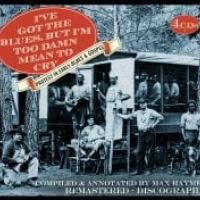
Various
I’ve Got The Blues But I’m Too Damn Mean To Cry4CD
Protest, resentment, despair. Well, it’s the blues after all. But frequently the message is expressed with wit and humour, so…
Read more Read more€24,20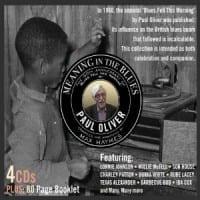
Various
Meaning Of The Blues – Paul Oliver4CD + 80 Pages Booklet
Otis Harris, Sam Collins, Bukka White, Rudy Foster, Charley Patton, Funny Papa Smith, Freddie Spruell, Charley Lincoln, George Noble, Tommy…
Read more Read more€24,20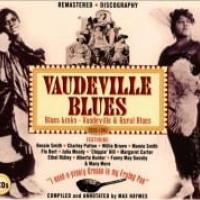
Various
Blues Links – Vaudeville & Rural Blues 1919–1941 – 4CD
A fascinating compilation exploring the interaction between the Urban, Vaudeville Blues and Country Blues performers. This music used to be…
Read more Read more€24,20
Bo Carter & The Mississippi Sheiks
4CD
100 cuts by Bo Carter, The Mississippi Sheiks, The Jackson Blue Boys, Mississippi Mud Steppers, Walter Vincent, Charlie McCoy, Mississppi…
Read more Read more€24,20
